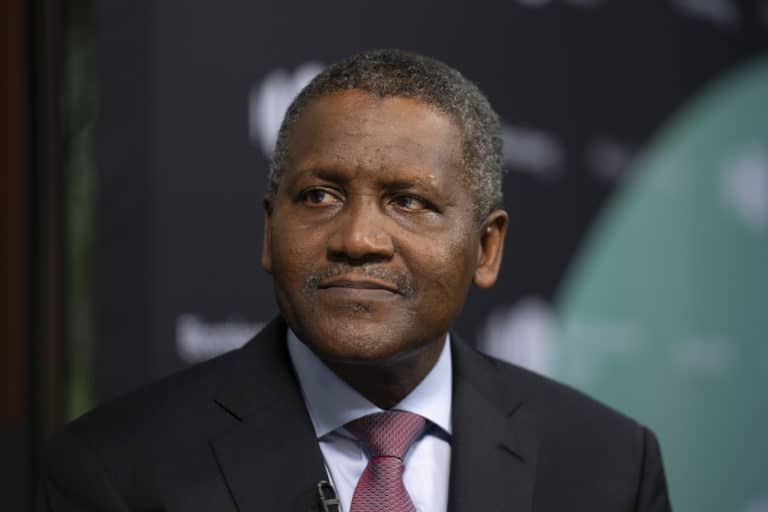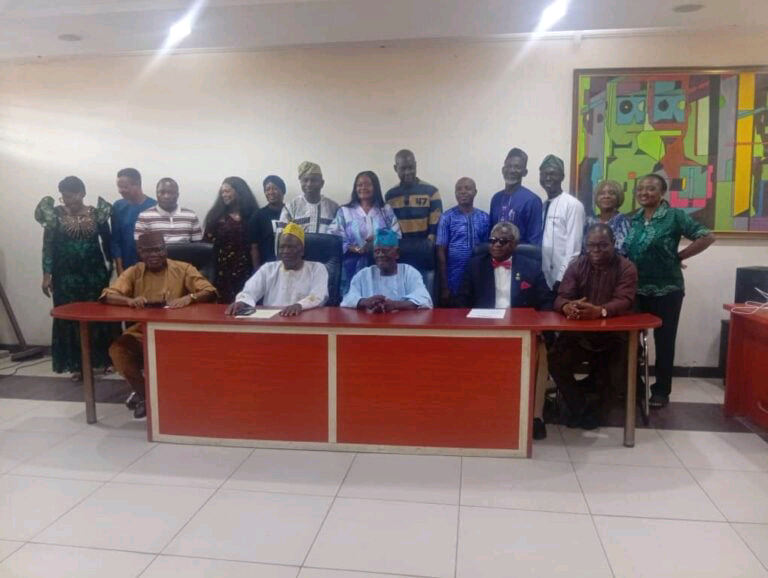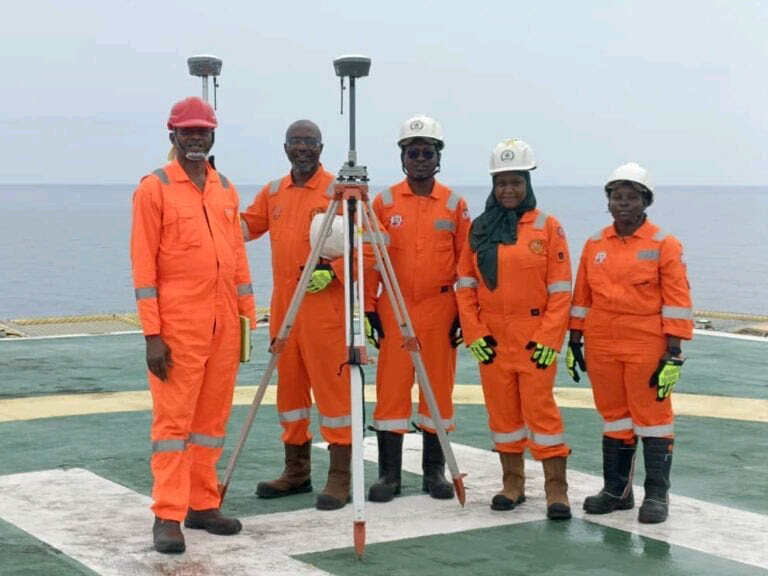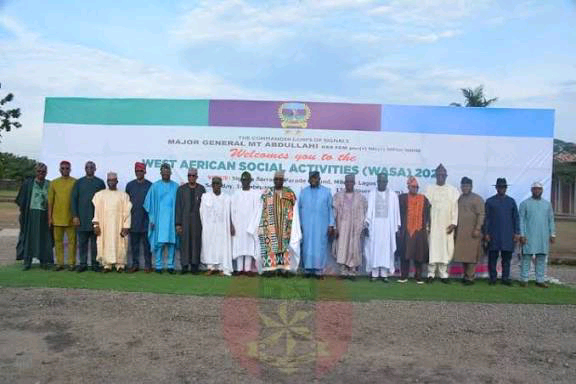Dangote Forecloses Buying Nigerian Refineries, Insists Expansion Better Than Monopoly

Africa’s richest man, Aliko Dangote, has dismissed suggestions that he should acquire any of Nigeria’s dormant government-owned refineries, saying he prefers to expand his privately owned 650,000-barrel-per-day refinery in Lagos to 1.4 million barrels per day to avoid monopoly accusations.
Speaking recently while announcing the planned expansion of the $20 billion Dangote Refinery in Lekki, Lagos, the industrialist explained that acquiring any of the Nigerian National Petroleum Company Limited’s (NNPC) non-functional refineries would attract unnecessary criticism.
“Buying those refineries? Once we touch them, you will hear a lot of noise,” Dangote said while addressing journalists alongside businessman Femi Otedola. “There are other people with a lot of money, maybe more cash than we have, who should go and try their own luck so that there won’t be talk about monopoly.”
He called on groups such as the Depot and Petroleum Products Marketers Association of Nigeria (DAPPMAN) and other wealthy investors to take advantage of opportunities in the sector by either purchasing the moribund refineries or establishing new ones.
Dangote added that President Bola Tinubu had pledged his administration’s support for refining Nigeria’s crude domestically, a move he described as vital to economic growth.
“For us, we already have our own infrastructure, and we want to double our capacity rather than going somewhere else,” he said. “We are going to 1.4 million from 650,000 barrels per day. We are doing our part, and I believe others should do theirs too, so we can achieve that $1 trillion economy.”
Recalling his earlier experience under former President Umaru Yar’Adua, Dangote said his company bought government refineries in January 2007 but was later compelled to return them after the administration reversed the sale.
“They told Yar’Adua that Obasanjo sold the refineries below their value as a parting gift,” he said. “As of today, they’ve spent about $18 billion on those refineries, and they are still not working. I doubt very much if they ever will.”
Meanwhile, the NNPC has insisted that the refineries—Port Harcourt, Warri, and Kaduna—will resume operations. Its Group Chief Executive, Bayo Ojulari, said on Wednesday that the company had begun a “technical and commercial review” to determine the operational and financial viability of the facilities.
Ojulari noted that NNPC plans to partner with experienced technical equity firms to transform the refineries into sustainable, revenue-generating assets capable of meeting local fuel demand and aligning with global standards
Persistent calls for the privatisation of the refineries have intensified following repeated shutdowns, including the closure of the 60,000-barrel-per-day Port Harcourt refinery just six months after it was declared operational.
According to official records, the Federal Government has spent billions of dollars on maintenance over the years, including $1.4 billion approved for the Port Harcourt refinery in 2021, $897 million for Warri, and $586 million for Kaduna, yet none has produced fuel at a commercial scale.









